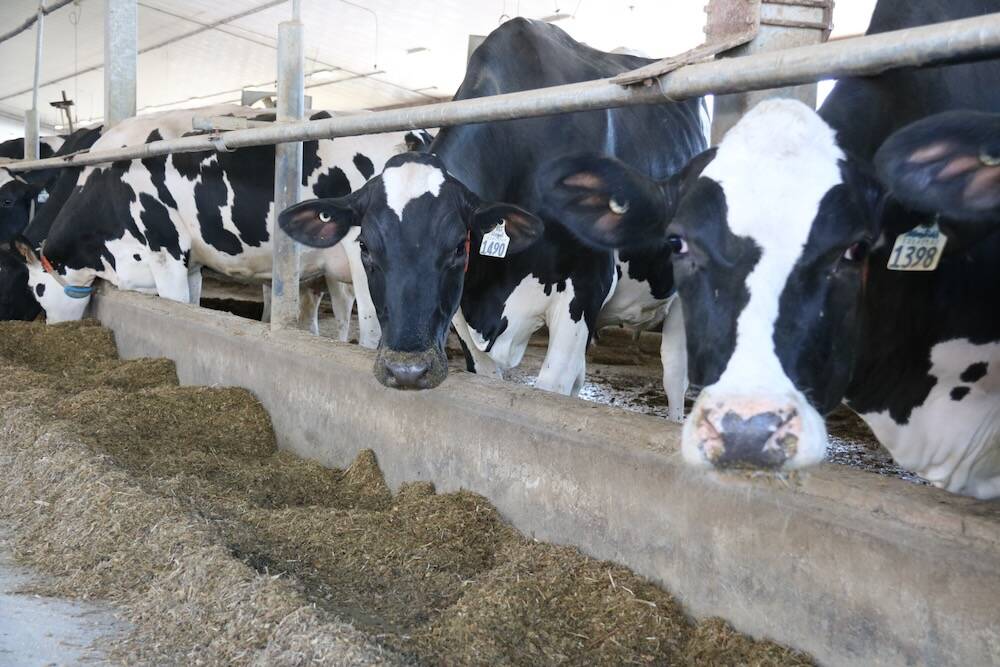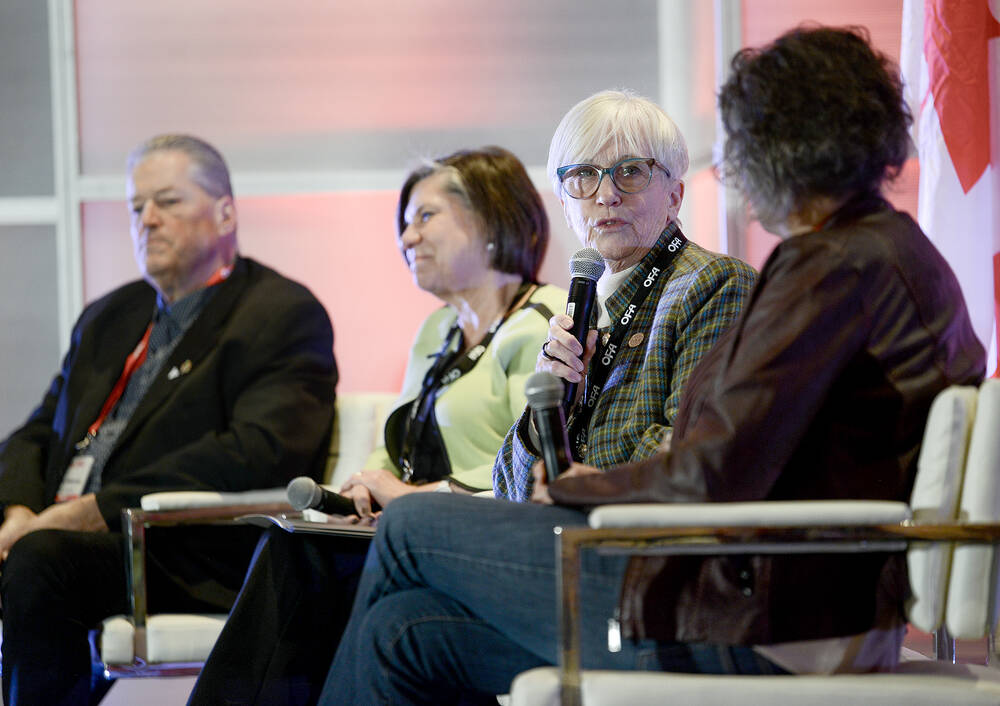Supply management: a system that works

During my tenure as Ontario Minister of Agriculture, Food and Rural Affairs, trade issues were top of mind for me.
Read Also


Effective advocacy hinges on strong municipal relationships
Those interested in building a positive relationship with local municipal council should begin with the chief administrative officer.
Ontario is an agricultural powerhouse, with 50,000 farms operating on 12 million acres of land, producing more than 200 commodities. Over 820,000 jobs depend on Ontario’s agriculture and food processing sector, and Ontario exports more agri-food products than any other province.
In my view, Canadian farmers produce the best food in the world.
Fifty years ago, two of Canada’s most distinguished agriculture ministers, the Honourable William Stewart in Ontario and the Honourable Eugene Whalen for Canada, introduced supply management to bring stability to egg, dairy, chicken, turkey and hatching egg producers in our nation. They recognized the need for a reliable supply of high-quality, nutritious food staples that would help ensure food security in both urban and rural communities
The concept of supply management is a straightforward proposition. Production equals consumption, fair pricing and quality for consumers, and a return on investment for farmers in their commodity groups.
This is why Bill C-282 is so important: it safeguards supply management and ensures no further access is granted to the Canadian dairy, poultry and egg sectors in future trade agreements. During my undergraduate degree work in economics at Trent University, I studied supply management as a thriving economic model, which remains true today.
As Ontario’s agriculture minister, Premier Kathleen Wynne dispatched me on a seven-state North American Free Trade Agreement (NAFTA) tour during the renegotiations of this trade framework. For these seven states – Michigan, New York, Ohio, Pennsylvania, Illinois, Wisconsin and Missouri – Ontario is their number one or number two customer.
I had meetings with governors, agriculture secretaries, business and farm leaders. I remember being in Milwaukee, Wisconsin, the “dairy state,” listening to family farmers who wanted a Canadian supply management system for their dairy. Milk surpluses from Michigan and New York were being dumped into the Wisconsin market, threatening the very existence of American family farms.
In Canada, family farms remain the backbone of our rural communities.
The supply-managed sectors generate the equivalent of 339,000 full-time jobs nationwide and contribute $30.1 billion to Canada’s GDP, along with $5.95 billion annually in tax revenues. This economic contribution benefits everyone.
Additionally, with nearly 15,000 family-operated farms across rural Canada — unlike the growing trend of large-scale farms in the U.S. —supporting supply management through Bill C-282 is a direct way to preserve Canadian agriculture.
In terms of trade, over the last decade Canada has given up access in the supply management sectors through the Canada–European Union Comprehensive Economic and Trade Agreement, the Trans-Pacific Partnership, and the revised Canada-United States-Mexico Agreement (CUSMA).
In my view, this is enough access.
I know how intense these trade negotiations can be as I participated in three rounds of the NAFTA renegotiation process. As it was back then, let us stand up for supply management and Bill C-282 in the best interest of Canadian agriculture.
It is a proven system that works for all.
Source: Farmtario.com

